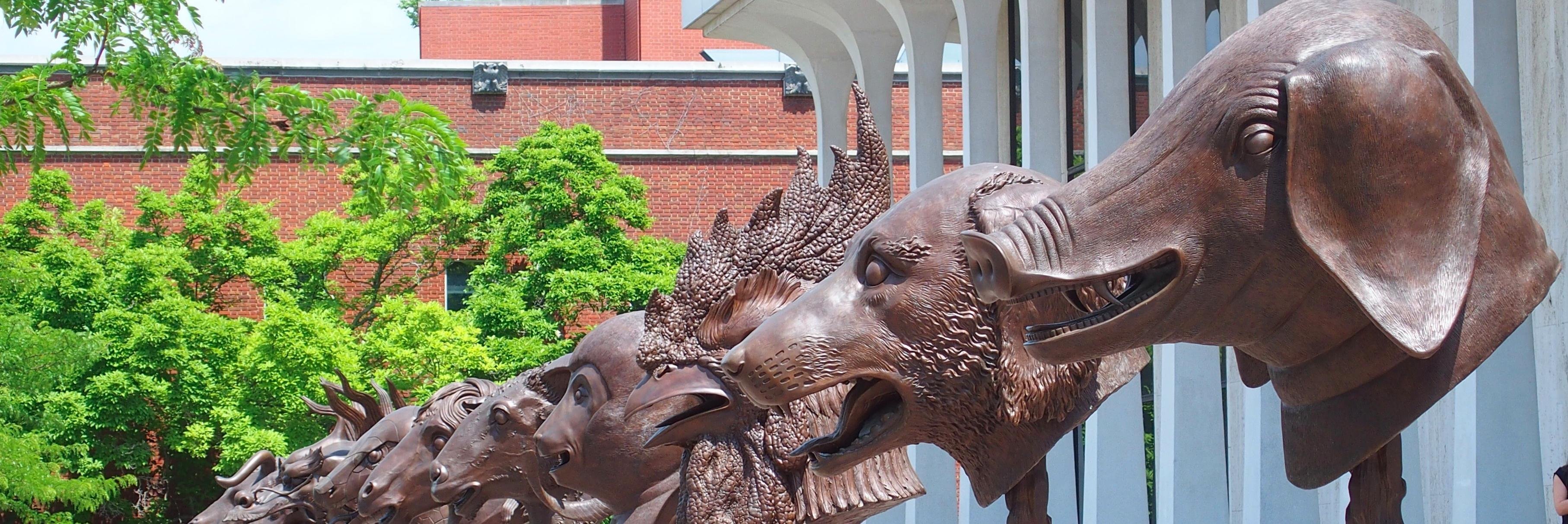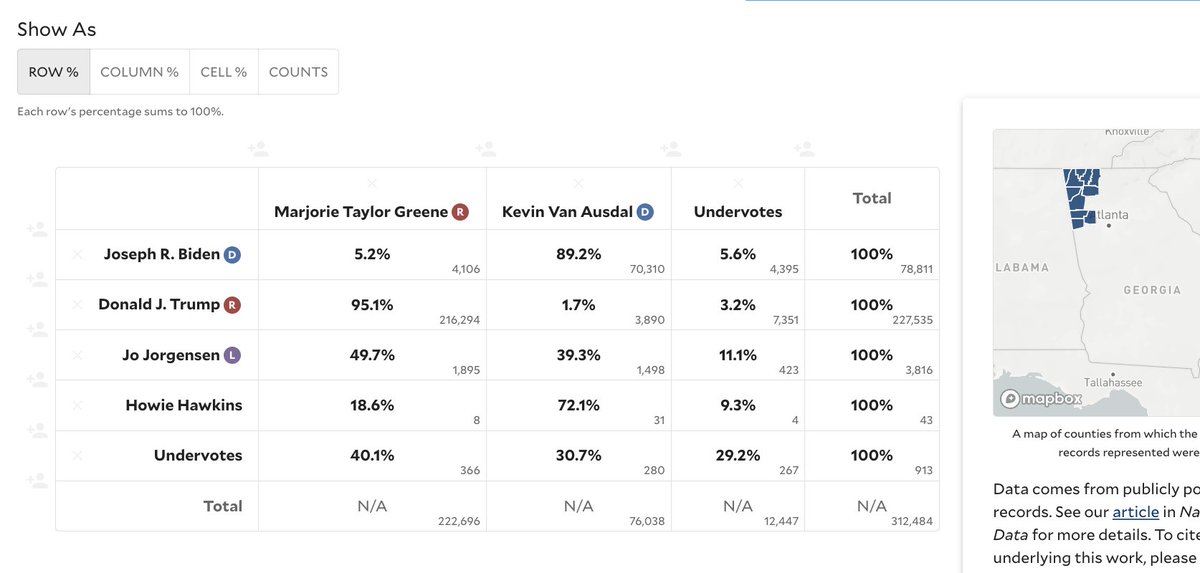
Shiro Kuriwaki
@shirokuriwaki
I explore elections and representation, American Politics, and applied statistics. Assistant Professor at @Yale / @ISPSYale.
I've launched a new website where anyone can interactively visualize ticket-splitting rates from actual ballots (cast vote records) for any pair of contests on the 2020 Georgia ballot. Check it out! ballots.isps.yale.edu


Survey Statistics: 2 flavors of calibration statmodeling.stat.columbia.edu/2025/06/03/sur…
thanks to @shirokuriwaki, the Cooperative Election Study common content cumulative data file has been updated with all 701,955 respondents we've interviewed since 2006 dataverse.harvard.edu/dataset.xhtml?…
Interesting account of tariff negotiations in the US vs Japan, and other countries in the latest APSR doi.org/10.1017/S00030…

I'm not at #MPSA25 but if you are, check out Niklas Haehn's poster of our work at 4th floor exhibition hall on predicting ticket splitters, happening now: tinyurl.com/29d87vcs
Here's an important new article in Science Advances on the privacy issues related to publishing cast vote records. It turns out they're not as dire as many think/fear. science.org/doi/epdf/10.11…
Here's a great paper looking at political polarization by geography. Yes, people are being more polarized by where they live, but this is not b/c people are moving to be w/ people like them. nber.org/papers/w33422
% who say that as far as they know, all or most of Donald Trump's executive orders in his second term so far have been illegal or unconstitutional U.S. adult citizens 25% Democrats 49% Independents 21% Republicans 5% (Link in reply)
Important new research from @ISPSYale’s @shirokuriwaki
Across 102 polled issues, Congressional action matches the public majority 55% of the time. Failures are concentrated in inactions due to the Senate filibuster or divided party control shirokuriwaki.com/papers/congres…
This article about cast vote records in the 2020 was just published in _Nature Scientific Data_. Congratulations to the team. It's open access, so have at it! nature.com/articles/s4159…
A quick summation of some of those points - There's no reason to believe pollsters 'fixed' what went wrong in 2020 - There's some evidence nonresponse bias may be better, but also evidence it's still there / no reason to assume it's gone. Unknown whether weighting fixes
We fielded the same questions in the leadup to the 2021 and 2024 Japanese election that just happened. Trust in the governing party (LDP) fell across the board this time, regardless of respondent's general party leanings:

New at @PNASNews with @dbroockman, @chriscaballero_ & @easton_matty: "Political practitioners poorly predict which messages persuade the public." As we head into the last week of the campaign, a good reminder that political practitioners have poor intuitions as to what persuades